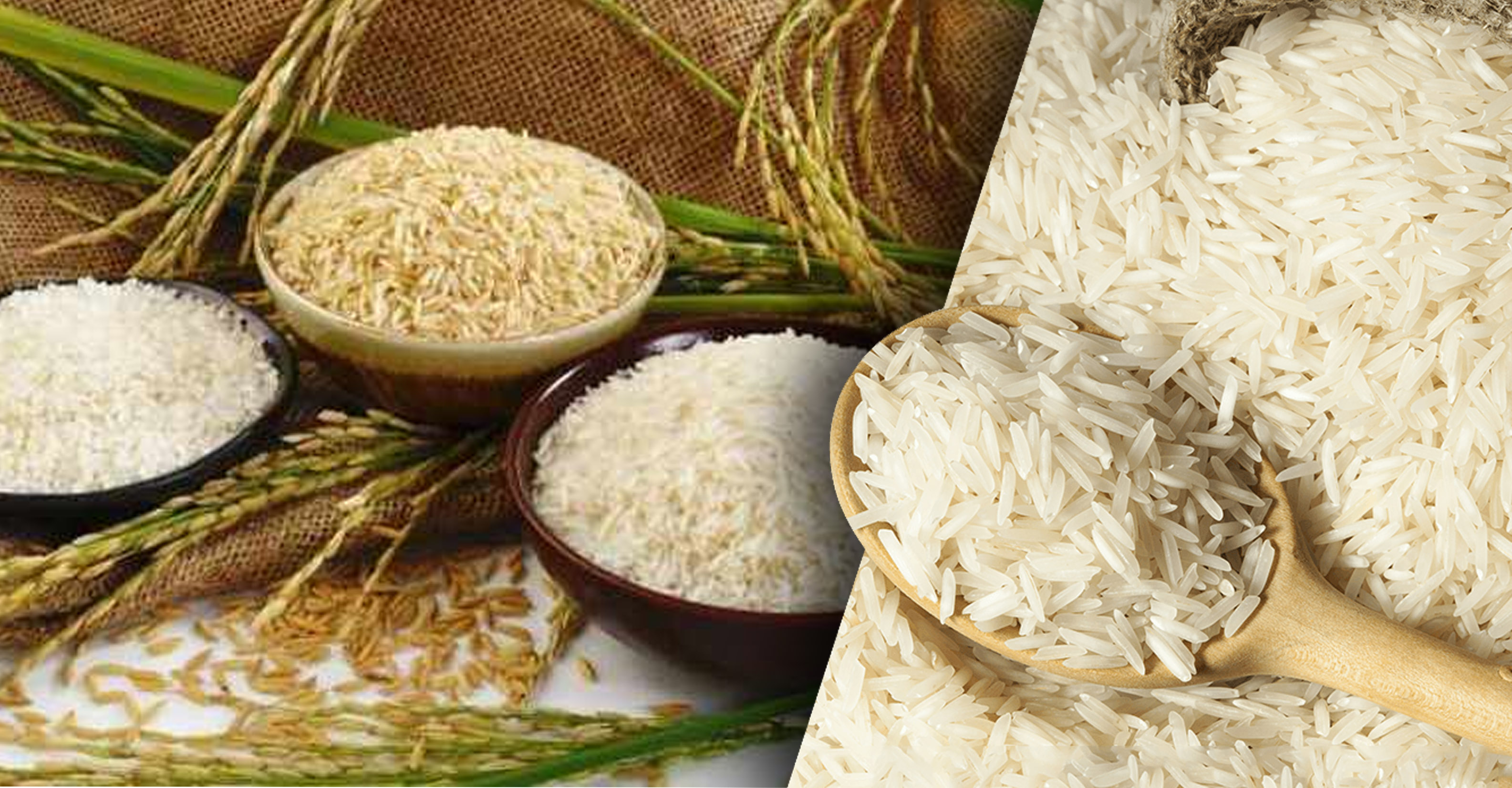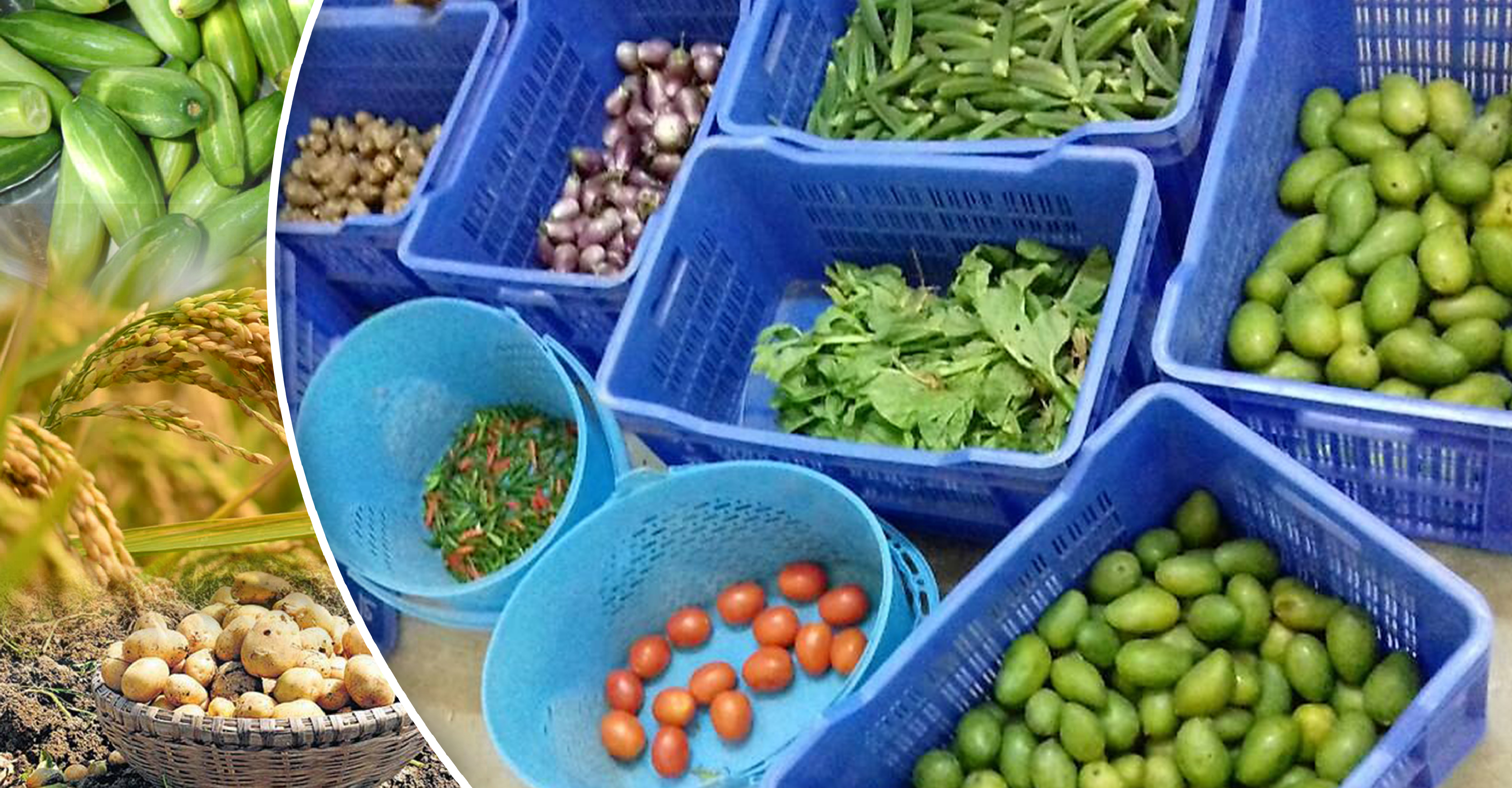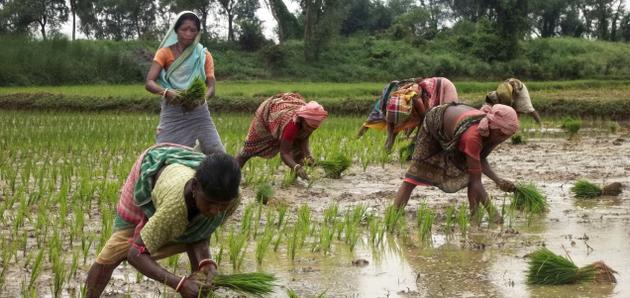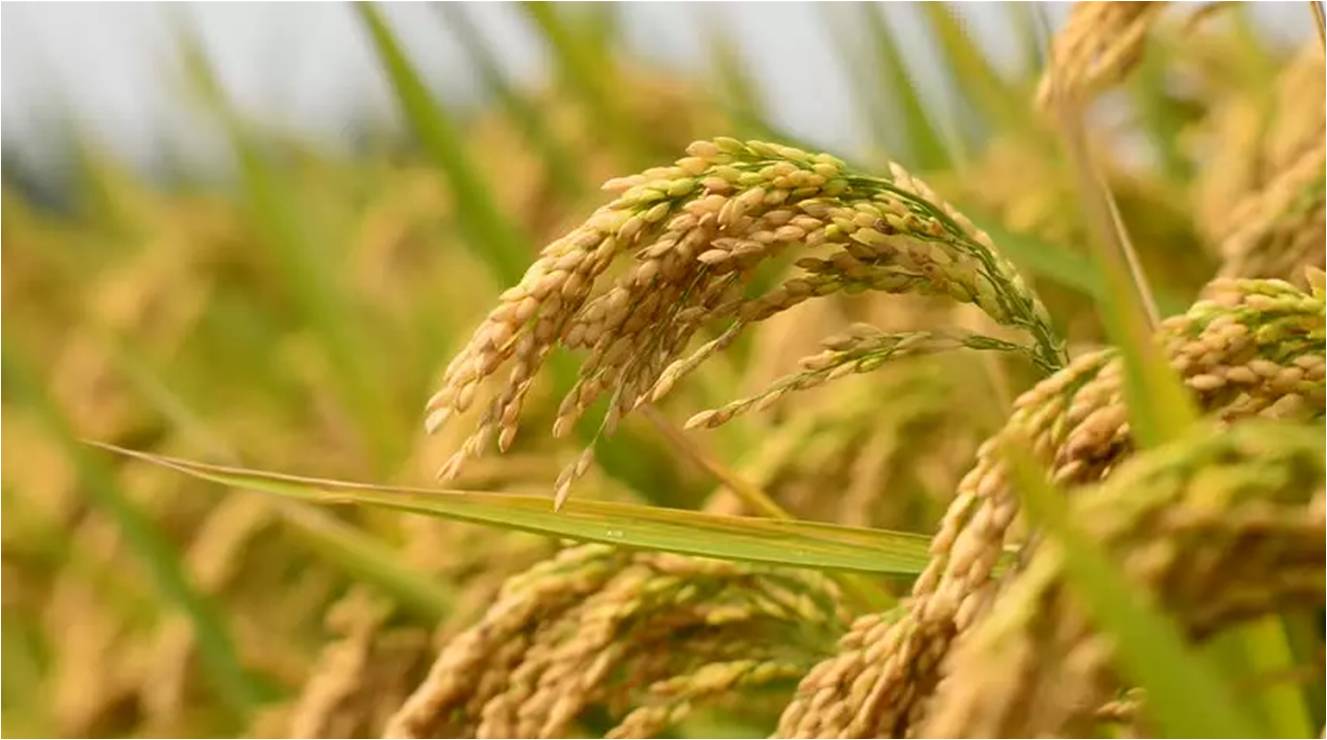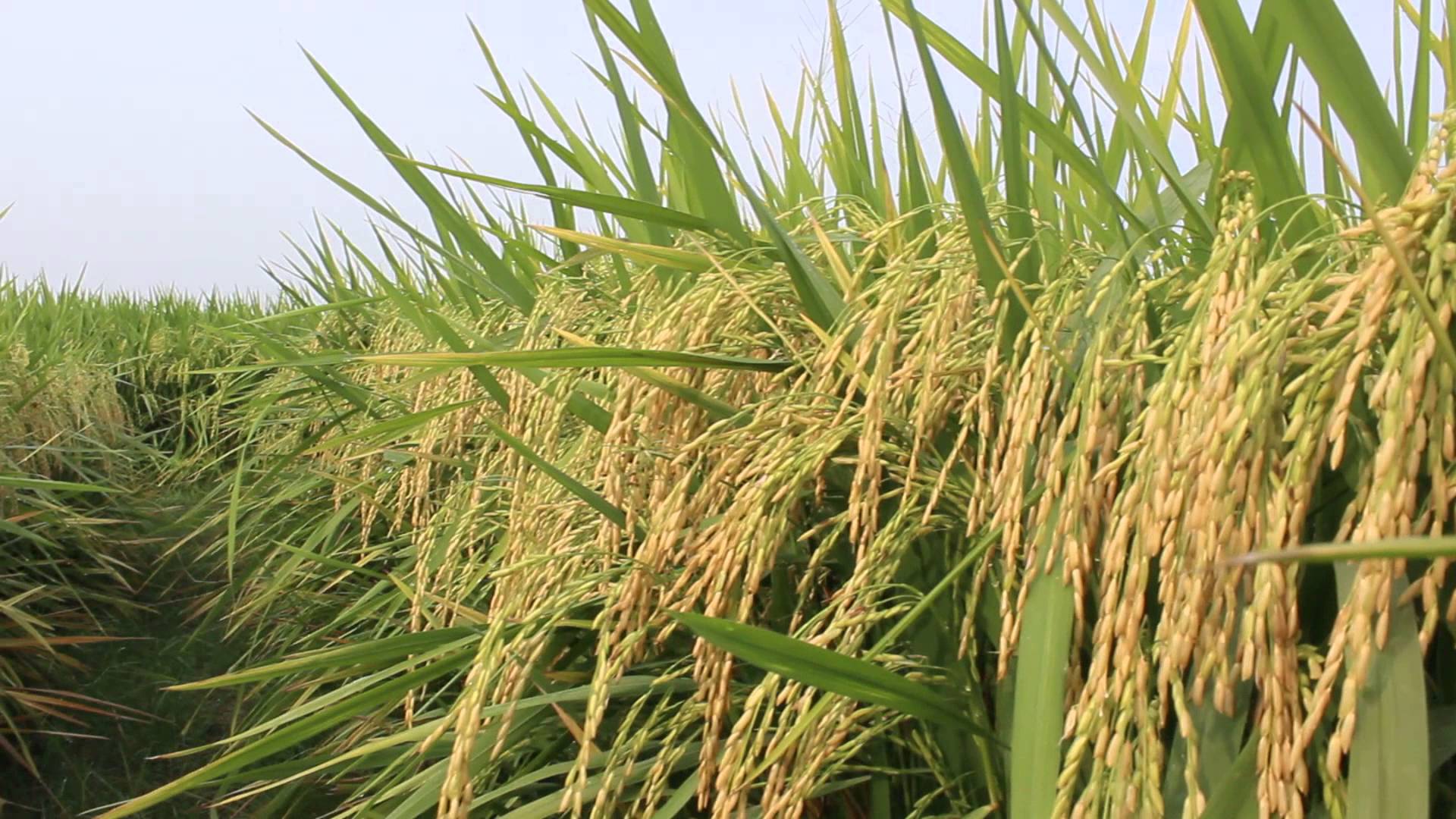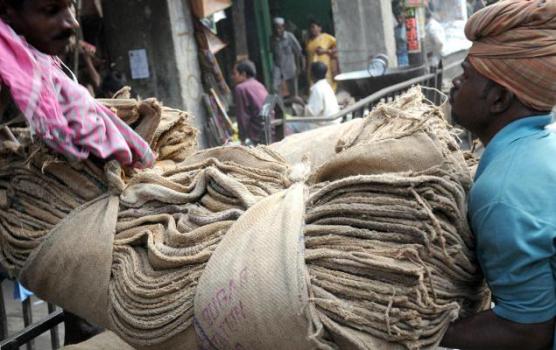The State Government has brought about a lot of improvement in the procurement of paddy and in the quality control mechanism of the foodgrains bought from farmers. Storage capacity infrastructure has also undergone a sea change.
A significant step has been the institution of NEFT mechanism for directly paying farmers through account transfer against the paddy bought from them. This process has made payment easier and quicker, and for this reason, was recently taken up as a model by the Centre for implementation across all States.
The Food & Supplies Department has notched up quite a few successes in the procurement of paddy and custom milled rice (CMR) during the last seven years.
They are as follows:
Krishak Bazars also as paddy procurement centres: From kharif marketing season (KMS) 2014-15, the purchasing of paddy through Krishak Bazars has become prevalent.
Procurement centres increased: In KMS 2014-15, 46 Krishak Bazars having the required infrastructural facilities were identified as centralised procurement centres (CPC). Over just four seasons, that number was increased to 325 (in KMS 2017-18). At the same time, cooperative societies continue to function as paddy procurement centres for CMR agencies; 950 cooperative societies functioned as such for KMS 2017-18.
Farmers incentivised: In order to incentivise farmers for bringing in their paddy to CPCs, in KMS 2014-15, Rs 15 per quintal of paddy was allowed over and above the MSP of Rs 1,360 per quintal. In KMS 2017-18, it was enhanced to Rs 20 per quintal.
Electronic means introduced for procurement and payment: From KMS 2016-17, it was made mandatory to employ e-procurement software capable of recording all relevant information of the farmers as well as recording the details of transactions and payments.
From KMS 2016-17, the system of payment of the price of paddy directly to the farmers’ bank accounts through NEFT was introduced, and was made mandatory from KMS 2017-18. Significantly, electronic payment through NEFT has been recently taken up as a model by the Centre.
Participation of women’s self-help groups: Participation of women’s self-help groups (SHG) and sanghas in paddy procurement is being encouraged. Till March 2018, 300 SHGs have participated in KMS 2017-18 and have procured 31,217 metric tonnes (MT) of paddy from 9,600 small and marginal farmers.
Distress sale eliminated: As a result of the Food & Supplies Department’s procurement initiatives, no distress sale of paddy has been reported in KMS 2017-18. The market rate of paddy has increased and thus it is above MSP across the entire State.
Enhancement of storage capacity
The Food & Supplies Department has created an additional 7.85 lakh metric tonnes (MT) of storage capacity during the period of 2011 to 2018. As a result, the storage capacity has increased from just 63,000 MT in FY 2010-11 to 8.48 lakh MT in May 2017.
Moreover, the department has taken up an ambitious project for the creation of another 3 lakh MT of storage space within the next two years at a cost of Rs 500 crore. With this project, the department will achieve self-sufficiency in the storage of rice.
Quality control mechanism
In order to keep a check on the quality of the foodgrains bought from farmers and of those available in markets, the Food & Supplies Department has taken several initiatives for upgrading laboratories and constructing new ones, through the Directorate of Inspection and Quality Control (I&QC).
Quality control (QC) laboratories in Kolkata (headquarters), Krishnanagar and Bardhaman have been upgraded and modernised. Specialised laboratory furniture and modern benchtop digital refractometers have been set up in the laboratories in Kolkata and Bardhaman.
Seventy-five mini QC laboratories have been set up in government warehouses and 120 in private warehouses.
A target has been set for the construction of four more zonal QC laboratories in Siliguri, Malda, Suri and Medinipur and 15 more laboratories in the offices of district controllers of food and supplies (DCF&S).
In the agriculture sector, Bangla has been one of the best-performing States, acknowledged by the Central Government several times and awarded the Krishi Karman Award for five consecutive years. The government has ensured that not just in production but in procurement and quality control too, processes are streamlined and modern methods adopted.

